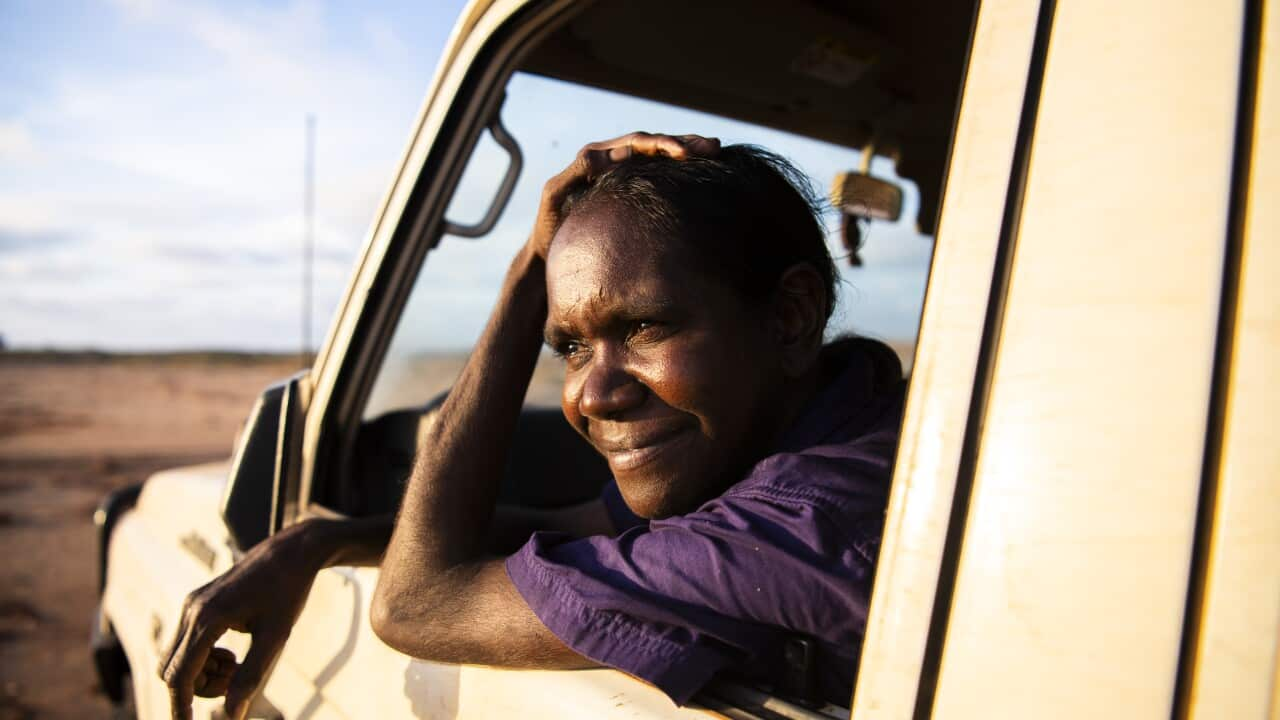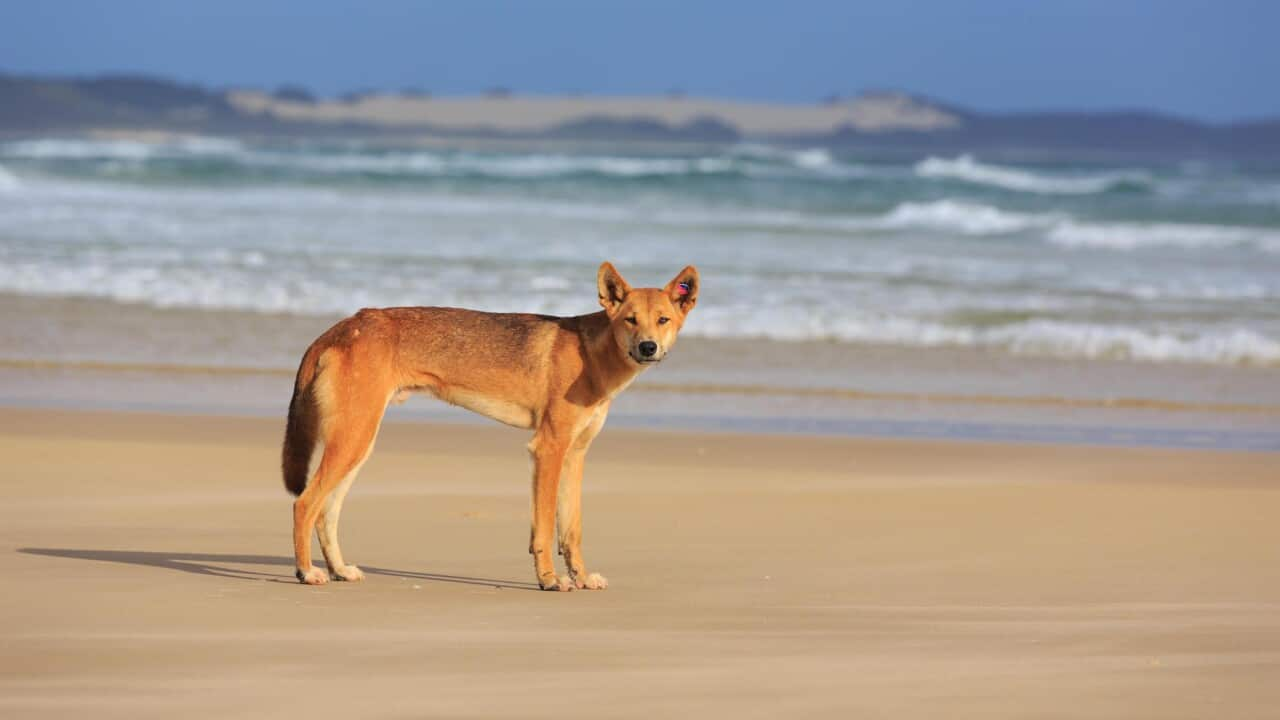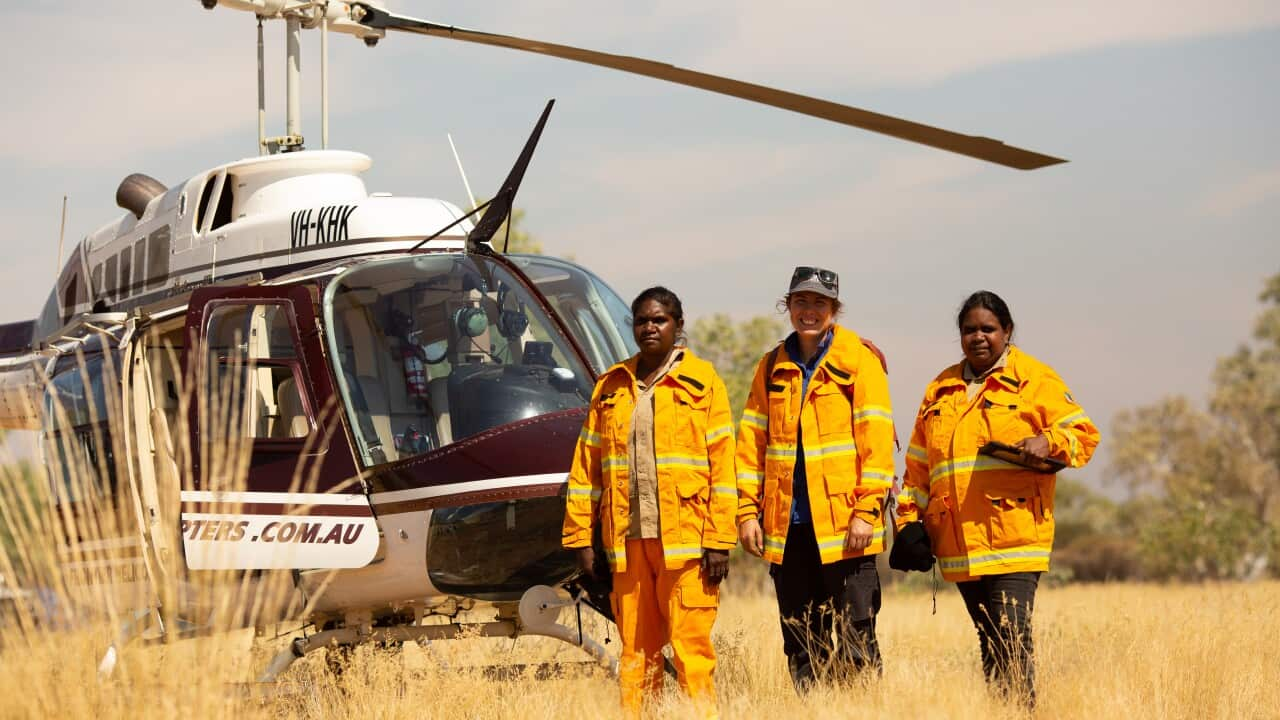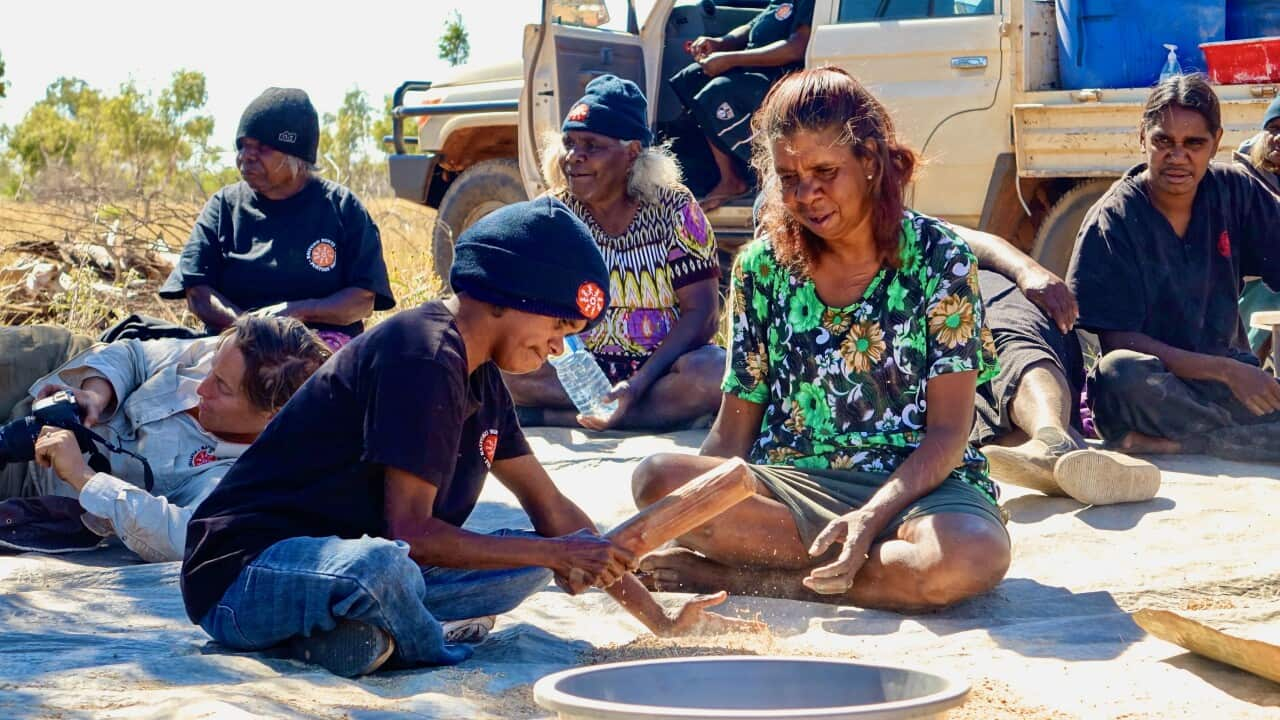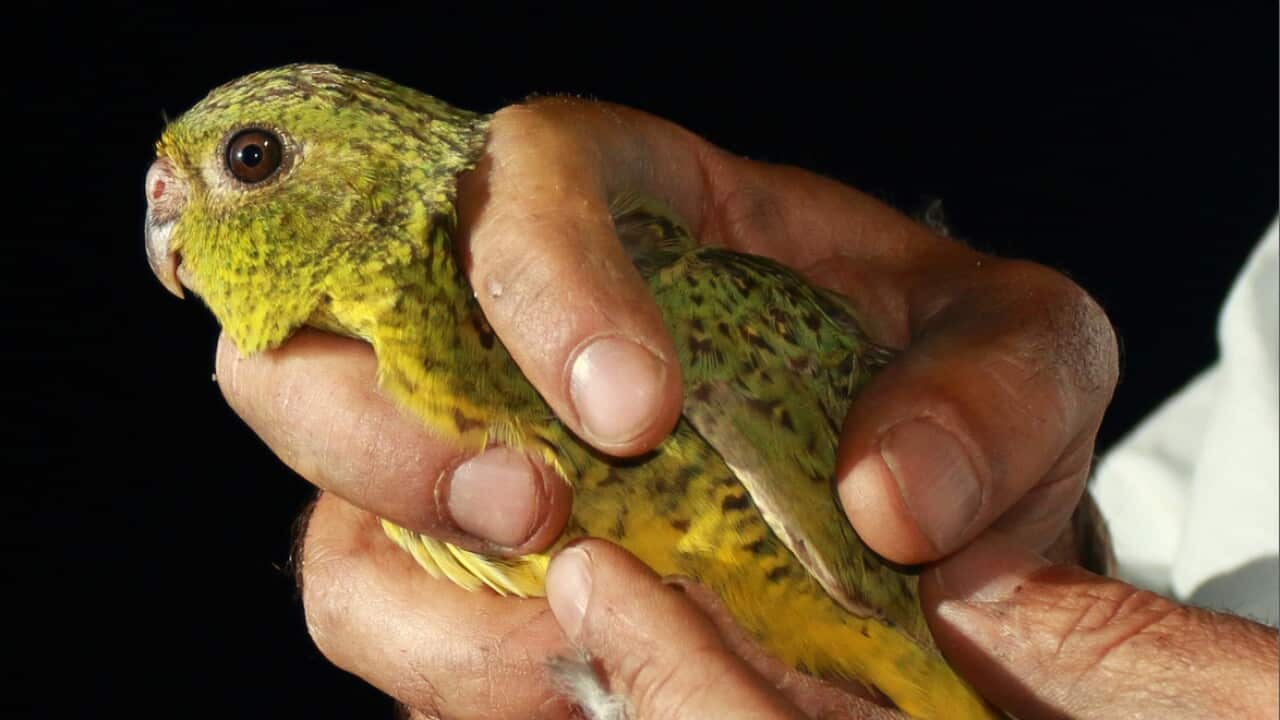When Michael Woodley grew up on Yindjibarndi Country he would regularly see native animals in the Pilbara.
"Now I hardly see any kangaroos or emus or turkeys," he told NITV.
"When I was a boy they would be everywhere, you didn't have to walk far to see active wildlife in our Country.
"Now, it's kind of sad to see that you don't see these things for 100 miles."
Mr Woodley believes protecting remaining wildlife is one of the many reasons Indigenous rangers are important.
It's also why he is supporting a campaign by not-for-profit Country Needs People to expand Western Australia's ranger program.
Last week Premier Roger Cook, Environment Minister Reece Whitby and the WA Labor Party agreed to expand WA’s Aboriginal ranger program with a $20 million dollar investment, should they be re-elected.
READ MORE

Environment: Ningaloo Reef Rangers
Country Needs People chief executive Patrick O'Leary said WA's Aboriginal Ranger Program, which has been operating for seven years, funds valuable remote and regional projects and jobs for Traditional Owners to protect and manage Country.
From the Kimberley to the South Coast and the desert to the Jarrah Forest, Aboriginal rangers are managing fire, protecting biodiversity and reducing feral animal and invasive weed impacts, protecting nature and culture for everyone.
“It’s now really important for every other party and candidate in the upcoming election to clearly state their position on supporting the work of WA’s Aboriginal rangers," Mr O’Leary said.
“We’d like to see the funding for this work become permanent and support more secure ranger jobs into the future because the need for this work is not going away, it's only getting more urgent.”
The Karajarri Rangers in the Kimberley care for an area that spans 25,000 square kilometres.
Ranger Julian Nagomarra said his old people have given him important knowledge of his Country, which has been passed on through generations.
“Karajarri people have always lived in the desert and the Saltwater Country," he said.
"We have different seasons, we know what season is which for which animals.
"When everything is flowering in the desert, everything is getting healthy on the seaside.”
Mr Woodley, Yindjibarndi Nation chief executive, said that as well as the core business of looking after Country, rangers frequently collaborate with partners in industry, science and government, forming important relationships.
"It strengthens the next generation in terms of having two-way knowledge and is, again, very important to how we can even manage the land," he said.
"Especially when we now have a new challenge for all of us around climate change.
"Scientific information about weather patterns and other types of changes to our land ... or mining activities and someone extracting water is important to how we manage land but the science needs to be open to accepting the traditional and cultural knowledge.
"That's the balance that we talk about."
Opposition Leader Shane Love said WA's highly-regarded ranger program had consistently received bipartisan support by all levels of government.
"The Nationals WA have always supported the WA Aboriginal Ranger Program and we will continue to do so," he said, adding that the Nationals' signature policy, Royalties for Regions, has provided funding for rangers for the past seven years.
"Following the expansion of new conservation reserves in WA, we anticipate an increase to reserve management requirements and expenditure.
"The WA Aboriginal Ranger Program is well placed to participate and contribute to these increased requirements and can expect the continued full support of the Nationals WA.”
The need for the work he does is not lost on Julian Nagomarra, who is seeing first hand the impacts of climate change on his Country.
“A lot of crocodiles are moving down south from the north," he said.
“The old people wanted us to start the sea rangers up. (We) look after Country for them and us and our future.
"We need this place, we still live off the land so that’s why Country needs people and people need Country.”
Mr Woodley said rangers are very important to land management, connection to Country and fulfilling cultural obligations.
"Healthy country, healthy people, and everything else is a bonus," he said.
"We can see the challenges in how the landscape has changed, the environmental landscape, the ecosystem, the song, the waterway, the rivers ...
"So we have to listen to the people who have been on Country and seen the changes in over those times."
WA Liberal Leader Libby Mettam did not respond to NITV's questions.
